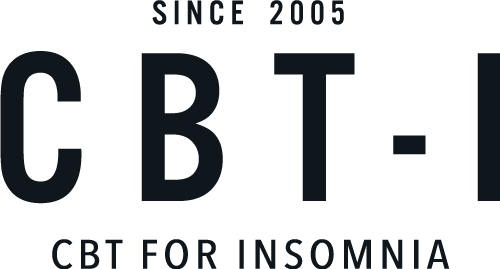Factors Predicting Insomnia Remission After Digital (online) CBT-I
Digital CBT-I (D-CBT-I) has been shown to be as efficacious as face-to-face CBT-I. However, not all patients achieve insomnia remission after D-CBT-I. A recent study explored the factors influencing the effectiveness of D-CBT-I in a clinical practice. Over 400 chronic insomniacs were studied during a 6-week D-CBT-I intervention. All patients were assessed at baseline and posttreatment and were determined to be remitters/non-remitters and responders/non-responders using the Insomnia Severity Index (ISI). At posttreatment, 46% of patients achieved complete remission of insomnia and another 53% demonstrated improvement in sleep. Increased baseline early morning awakening time and higher ISI scores (more severe insomnia) were independently associated with a lower odds for remission. These results suggest that D-CBT-I can be recommended as the first-line treatment for chronic insomnia, particularly in insomniacs with milder insomnia symptoms and less early morning awakening. The effectiveness of D-CBT-I was adversely affected by longer early morning awakening time and higher insomnia severity at pretreatment, which may be improved by face-to-face CBT-I.
